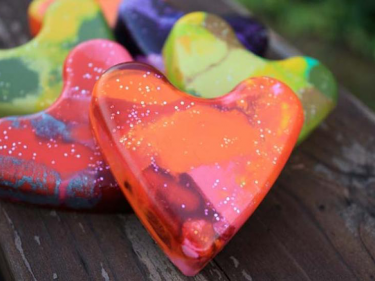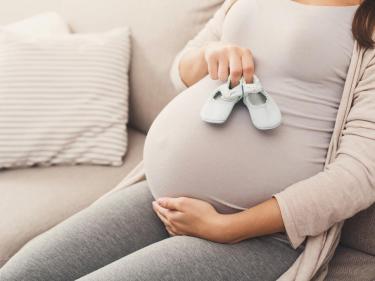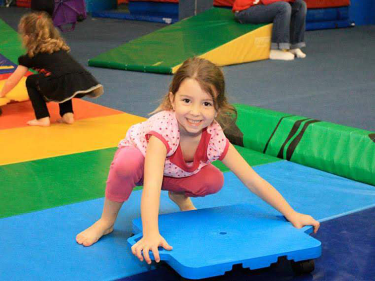Keeping Kids Safe from Falls
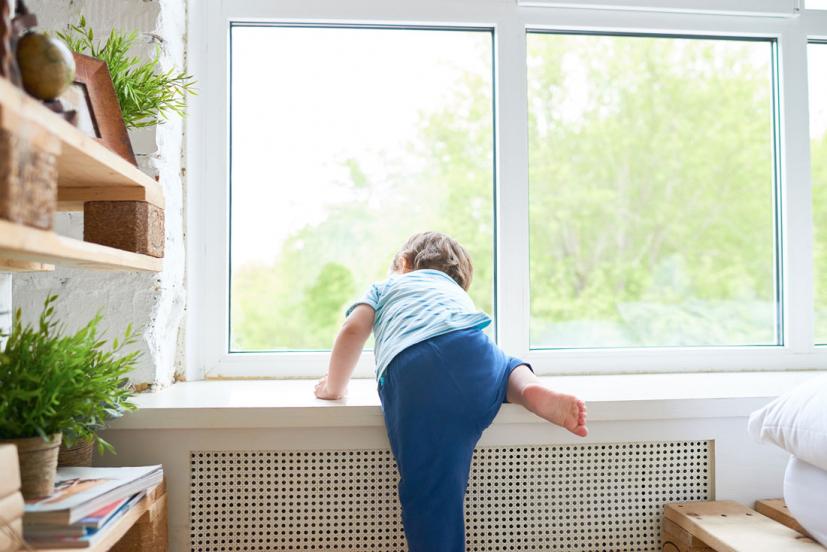
Marin Mommies presents a sponsored article from MarinHealth Medical Center in Greenbrae.
Nobody gets through childhood without a fall or two. You didn’t, and neither will your children. Kids are curious, squirmy, active, and excitable, and they don’t always look where they’re going. Unfortunately, fall injuries aren’t limited to minor bumps, bruises, and skinned knees. Sometimes, you can’t just kiss it and make it better.
In the United States, unintentional falls are the leading cause of non-fatal injuries for children, with more than 2 million children visiting the Emergency Department each year for fall-related injuries. For children less than 1 year of age, falls account for more than fifty percent of nonfatal injuries, ranging from cuts and bruises to open wounds, fractures, and even brain injuries. Fortunately, a few savvy preventive measures can help keep the number of falls to a minimum.
Watch out for windows
Falls from windows can result in severe injuries and even death. A window left open as little as 5 inches can be a danger for young children. Young children should be watched even around closed windows to avoid the risk of falling through glass. To prevent falls from windows:
- Install window guards on all windows above the first floor.
- Be mindful when you open a window and make sure your child cannot reach it.
- If a child is old enough to understand, set rules about playing near windows.
- Arrange furniture so that nothing a child can climb on is close to a window.
- Insect screens may keep bugs out, but they won’t keep kids in. A child can fall right through the screen.
Think about the furniture
Never leave a baby unattended on any furniture, including beds, sofas, and changing tables. Even If your little one Is not rolling over yet, you don’t want the first time to result in an accident. Check the safety ratings and features on highchairs and other equipment and use all the straps and buckles as directed to keep your little one secured. Pad sharp corners on coffee and end tables. To prevent dressers and other furniture from tipping over, use mounts or wall straps to secure it to the wall.
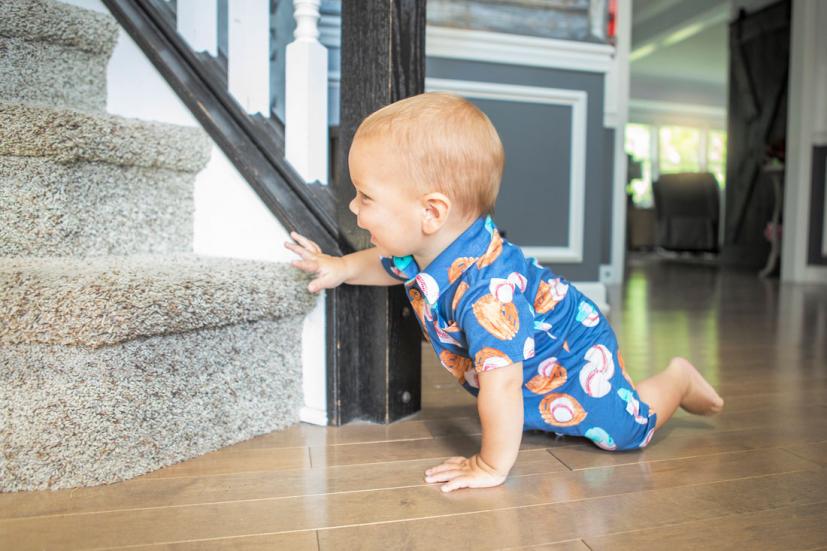
Mind the stairs
Use safety gates at the top and bottom of the stairs to protect infants and toddlers. Make a house rule: no clutter on the stairs. Stairs can pose risks to people of all ages and this will help keep the whole family safer.
Watch out for baby walkers
Did you know baby walkers cause more injuries than any other nursery product? Each year, thousands of children between the ages of 5 and 15 months are treated for baby-walker related injuries. Falls occur when a walker tips over, or a child in a walker falls downstairs. Walkers can also enable toddlers to access hot stove tops or dangerous objects such as scissors or poisonous substances in cabinets. Several national pediatric associations have called for a ban on baby walkers due to safety concerns. Make sure you can directly supervise your child while they're using a walker, or choose a safer option like a stationary bouncer, play pen, or highchair.
Fall-proof your floors
Secure area rugs to the floor with foam backing, a rubber pad, or double-sided tape. Keep the little ones out of the kitchen or bathroom when the floors are wet. Put away clutter, and use slip-resistant mats or stickers in the tub.
Play it safe at the playground
The safest playgrounds have separate play areas for younger and older children. Children under 5 should not play on equipment higher than 4 feet. Equipment for 5- to 12-year-olds should be no higher than 8 feet. Look for stickers on each piece of equipment specifying whether it is intended for children 2–5 or 5–12 years of age. No matter how safe and well-designed your local playground may be, accidents do happen, so make sure your child is supervised by a trusted adult.
If your child does need to go to the Emergency Department (ED), MarinHealth Medical Center is the only designated Trauma Center in Marin, with a complete Trauma team available 24/7, including board-certified emergency physicians and other specialists, nurse practitioners, physician assistants, emergency technicians, and support staff. MarinHealth Medical Center is also equipped with the latest in pediatric care, and our “Ouchless ED” protocols help take the anxiety and pain out of visits.


